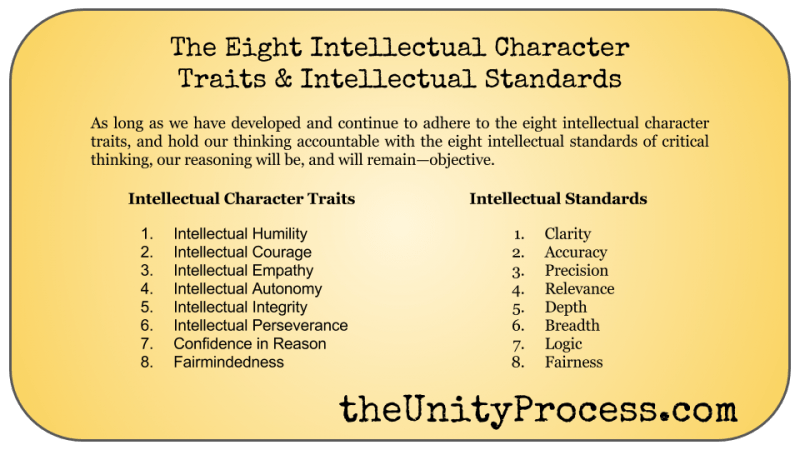When I receive critical (and often judgmental) feedback on the materials I share, rather than getting defensive and engaging in a heated, energy draining debate, I’ll systematically ask them questions about their viewpoint. I do this to better understand where they are coming from, to dissect their viewpoint and uncover their underlying assumptions and motivations, to probe their critical thinking skills and intellectual character traits, and to determine if they meet my minimum requirements for a prolonged dialogue. While I will almost always benefit from the exchange, even if it is learning how to deal with a difficult personality type, many of them lack the humility and courage to gain any benefit from the interaction.
This is why learning to set healthy boundaries about what traits we will and will not engage with is so important, because boundaries teach people in a manner that deals with their baser instincts, by letting them experience a natural consequence related to their poor behaviors, while also protecting us from energy draining situations. Maintaining minimum objective standards for an engagement also gives them an opportunity to return, as long as they choose to rise up to our minimum requirements for a prolonged interaction, and agree to stay accountable to the objective standards we’ve put into place. We stay accountable to our objective standards, and in order to get our time and attention for a prolonged amount of time, we expect others to be accountable to them as well.
